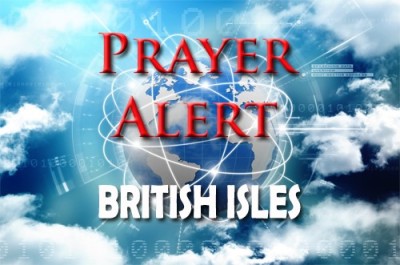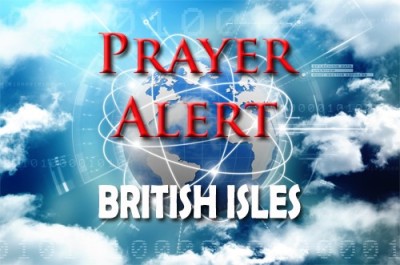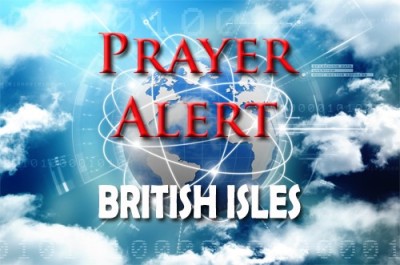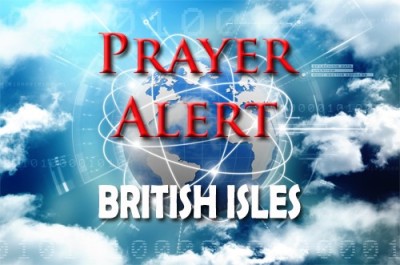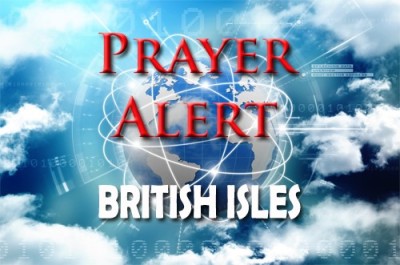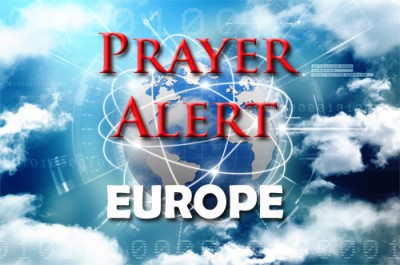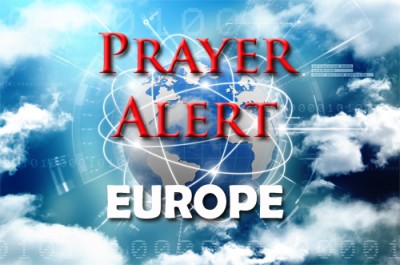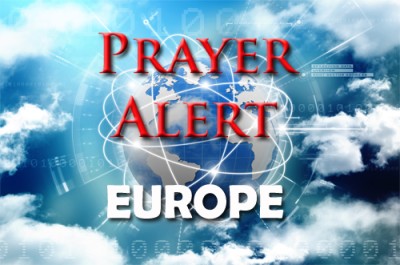A scathing new report from the Climate Change Committee (CCC) warns that government efforts to protect people and infrastructure from the impacts of climate change are dangerously inadequate. The report found that of 46 key adaptation measures, none are rated ‘good’, and progress has been glacial or even regressive. Despite climate threats already affecting homes, farmland, railways, schools, and hospitals, adaptation remains a low priority. Forecasts show that by 2050, over half of England’s best farmland and critical infrastructure will be at flood risk, while heat-related deaths could exceed 10,000 annually. Businesses, farmers, and scientists are calling for urgent action, stressing that ignoring adaptation now will bring national security risks and economic costs. The Government may claim that it is prioritising climate resilience, but budget cuts - including to flood defences - cast doubt. Experts, pointing to successful models abroad, are urging clearer targets, better planning, and private sector engagement to prevent worsening climate disasters.
Britain set for a new trade partnership with EU
01 May 2025Britain and the EU are set to formalise a new strategic partnership to strengthen trade ties and present a united front against Donald Trump's global tariff agenda. A leaked draft declaration, dated 25 April, affirms a mutual commitment to ‘free and open trade’ and to maintaining global economic stability. The agreement will be signed at a UK-EU summit on 19 May, marking a key moment in post-Brexit relations. Meanwhile, the Government is engaged in separate negotiations with the USA, aiming to soften the impact of existing tariffs - currently 10% on UK goods and 20% on EU exports. US press secretary Karoline Leavitt said that talks are ‘moving in a very positive way’. Rachel Reeves met with US treasury secretary Scott Besent last week, emphasising that both UK-EU and UK-US trade relationships are vital. Despite Trump reportedly viewing the 10% UK tariff as a minimum, British officials remain optimistic about securing a mutually beneficial deal.
Over ten thousand asylum-seekers have crossed the English Channel in small boats so far in 2025 - an increase of 40% compared to the same period in 2024. The rise has intensified political debate over border security and asylum reform. Labour, now in government, has pledged to dismantle people-smuggling networks, treating smugglers like terrorists under a new proposed bill. Measures include a new criminal offence of endangering the lives of others at sea, and imposing travel bans and communication restrictions on suspects. The Home Office says 5,400 migrant attempts have been thwarted this year, and over 24,000 individuals without legal status were removed between July 2024 and March 2025. Opposition parties blame both Labour and the previous Conservative government for policy failures. Reform UK calls for strict deportations, while the Green Party wants to see legal safe routes for asylum-seekers. As the crisis escalates, public frustration grows, with leaders divided over whether deterrence or compassion should define immigration policy.
Reform UK’s Greater Lincolnshire mayoral candidate, Dame Andrea Jenkyns, has publicly distanced herself from comments made by party leader Nigel Farage regarding special educational needs (SEND). Farage recently claimed that many childhood SEND and mental health diagnoses are being made too readily, often via virtual consultations, suggesting an overdiagnosis trend. In contrast, Dame Andrea, who has ADHD and whose son also has the condition, highlighted her personal experience and highlighted the long delays many families face in obtaining assessments and support, often resulting in children falling far behind in school. She stressed that not all party members must agree on every issue, and described pulling her son out of mainstream education because he was two years behind. Her remarks underscore ongoing national debates around SEND provision, access to diagnoses, and support for neurodiverse children. In related news, spending on disability benefits for anxiety and depression has doubled since the pandemic: see
Counter-terrorist police are investigating videos of Irish-language rap trio Kneecap, recorded at gigs in 2023 and 2024. The videos appear to show band members encouraging violence against British MPs and expressing support for proscribed terror groups Hamas and Hezbollah. Kneecap has denied inciting violence, saying the clips were taken out of context, and offered apologies to the families of murdered MPs David Amess and Jo Cox. The controversy, which follows backlash from the band’s Gaza-related statements at a concert in the USA, has led to sponsorship and booking losses. Major artists have signed a statement supporting Kneecap, opposing what they call political censorship and suppression of artistic freedom. Kneecap, known for provocative lyrics and nationalist themes, rose to prominence in Ireland and were the subject of a Bafta-winning film featuring Michael Fassbender.
Ukraine: Putin announces three-day ceasefire
01 May 2025Vladimir Putin has announced a new three-day unilateral ceasefire, to run from 8 to 10 May, coinciding with Russia’s World War II commemorations. It follows a previous thirty-hour Easter ceasefire, which critics say Moscow repeatedly violated. The Kremlin frames these brief pauses as humanitarian gestures; Ukrainian officials argue that if Russia truly sought peace, it would halt hostilities immediately. Foreign minister Andrii Sybiha called for a thirty-day truce instead. Observers question whether Putin’s moves are sincere peace efforts or merely an attempt to influence Donald Trump, who has recently voiced frustration with both Russia and Ukraine. Trump has criticised Putin for continuing attacks on civilian areas and floated harsher sanctions. When in March he proposed a thirty-day ceasefire, Ukraine agreed, but Russia did not. In another development, the much-anticipated natural resources agreement between the USA and Ukraine has been signed: see
A widespread power cut on 28 April disrupted millions across Spain and Portugal, prompting investigations and huge public concern. Portugal’s national grid operator, REN, attributed the blackout to a rare atmospheric phenomenon which caused extreme temperature shifts, leading to unusual oscillations in electrical lines. This explanation contrasts with speculation in Spain about a possible cyber attack, which their national security agency is still investigating. There is still no clear explanation of the disruption. It brought significant consequences: public transport stopped, mobile networks failed, and contactless payment systems were disabled. Panic buying swept through supermarkets, echoing scenes from the Covid pandemic. Three deaths have also been recorded in Spain. REN said recovery could take up to a week, though prime minister Luis Montenegro predicted that it would be quicker.
The recent 6.2 magnitude earthquake which struck Istanbul on 23 April is being seen as a serious warning rather than a release of seismic energy, according to Japanese earthquake expert Yoshinori Moriwaki. While the quake caused no fatalities, he warned that a larger quake, possibly over magnitude 7.0, is likely in the coming twelve to fifteen years. Istanbul lies near the North Anatolian Fault (NAF), a historically active fault line responsible for many major earthquakes across Türkiye. Moriwaki explained that the NAF, along with the South Marmara Fault, poses a continued risk to the Marmara region, with Istanbul particularly vulnerable due to soft ground in coastal districts. He urged residents not to panic but to be prepared, looking for ground stability and building regulations when choosing homes. The April quake triggered hundreds of aftershocks and follows patterns seen in destructive historical events. Despite the threat, Moriwaki remains hopeful that awareness and preparation can mitigate future damage and save lives.
